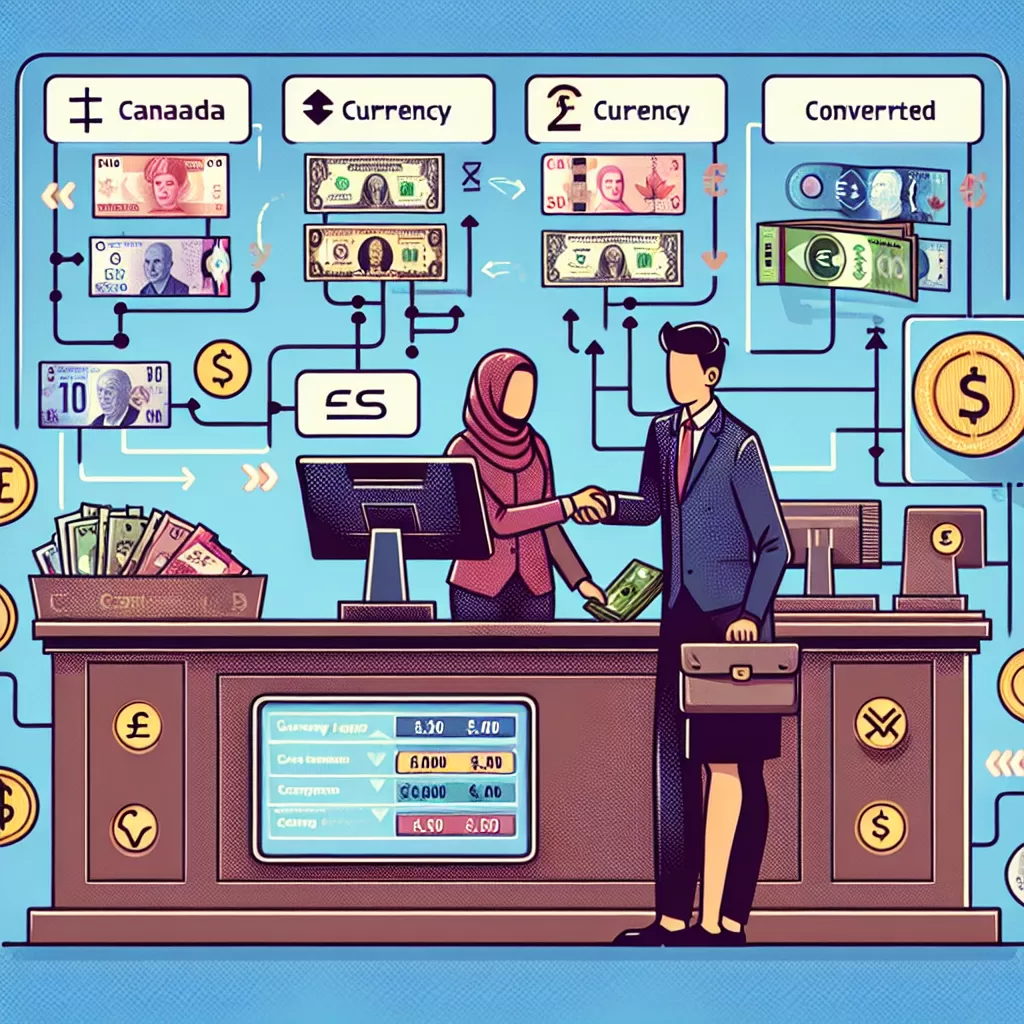How To Exchange Currency Canada
Follow Currency Mart April 10, 2024
Where to purchase Foreign Currencies?

Table of Contents
- Introduction
- Understanding Currency Exchange
- Exchanging Currency through Banks
- Exchanging Currency through Currency Exchange Bureaus
- Exchanging Currency Online
- Conclusion
Introduction
In our ever-globalizing world, the importance of understanding currency exchange can't be understated. Whether you're traveling abroad, making international purchases, or dealing in international trade, a firm grasp of currency exchange is crucial. This guide will explore the intricacies of exchanging currency in Canada, providing insider tips on how to get the best exchange rates and minimize fees.Understanding Currency Exchange
Understanding currency exchange starts with understanding the value of currencies against one another, otherwise known as the exchange rate. A currency's value can fluctuate based on various factors such as economic stability, interest rates, and trade balances. This can have implications when exchanging your Canadian dollars for foreign currency. In essence, the exchange rate determines how much of one currency you get for another. For instance, if the CAD/USD exchange rate stands at 0.80, you would receive 0.80 U.S. dollars for every Canadian dollar.Exchanging Currency through Banks
One of the most traditional ways to exchange currency is through banks. Banks like RBC, TD Canada Trust, and Scotiabank offer currency exchange services to their customers. However, it's important to note that while banks may be a convenient option, they do not always offer the best rates. This is because banks generally add a markup to the interbank exchange rate—the rate banks use when trading currencies with each other—to make a profit. To get the best rate at a bank, consider ordering your foreign currency online and picking it up in person—this can help you avoid the higher rates often offered at physical locations. Additionally, if you're a frequent traveler or engage in regular international transactions, look into specialty accounts that offer better exchange rates.Exchanging Currency through Currency Exchange Bureaus
Currency exchange bureaus, such as ICE Canada and Calforex, also offer currency exchange services. These bureaus specialize in currency exchange and may offer competitive rates compared to banks and other service providers. However, just like banks, these bureaus also mark up their rates to make a profit. At times, they may also charge a separate service fee. It's vital to shop around and compare rates before finalizing a transaction with a currency exchange bureau.Exchanging Currency Online
In this digital age, there's no need to venture outdoors to exchange your currency - the process can be done wholly online. Several platforms, including OFX and Wise (formerly Transferwise), specialize in online currency exchange. These platforms often offer more competitive rates than traditional methods, and transactions can be completed at your convenience. Although these platforms provide a high level of convenience and competitive rates, be aware of potential charges. These might include transaction fees, account maintenance fees, or withdrawal fees. Ensure to calculate the total cost of the transaction to ascertain if an online platform is a right choice.Conclusion
In summary, currency exchange is an area of financial literacy that's increasingly important in our interconnected world. Whether through banks, currency exchange bureaus, or online platforms, Canadians have multiple options for their currency exchange needs. Remember, understanding the value of exchange rates, often hidden fees, and comparing options before settling on an exchange method can help you get the best value for your Canadian dollar. Armed with this knowledge, tread the exciting world of currency exchange with confidence and savvy.
Where to purchase Foreign Currencies?